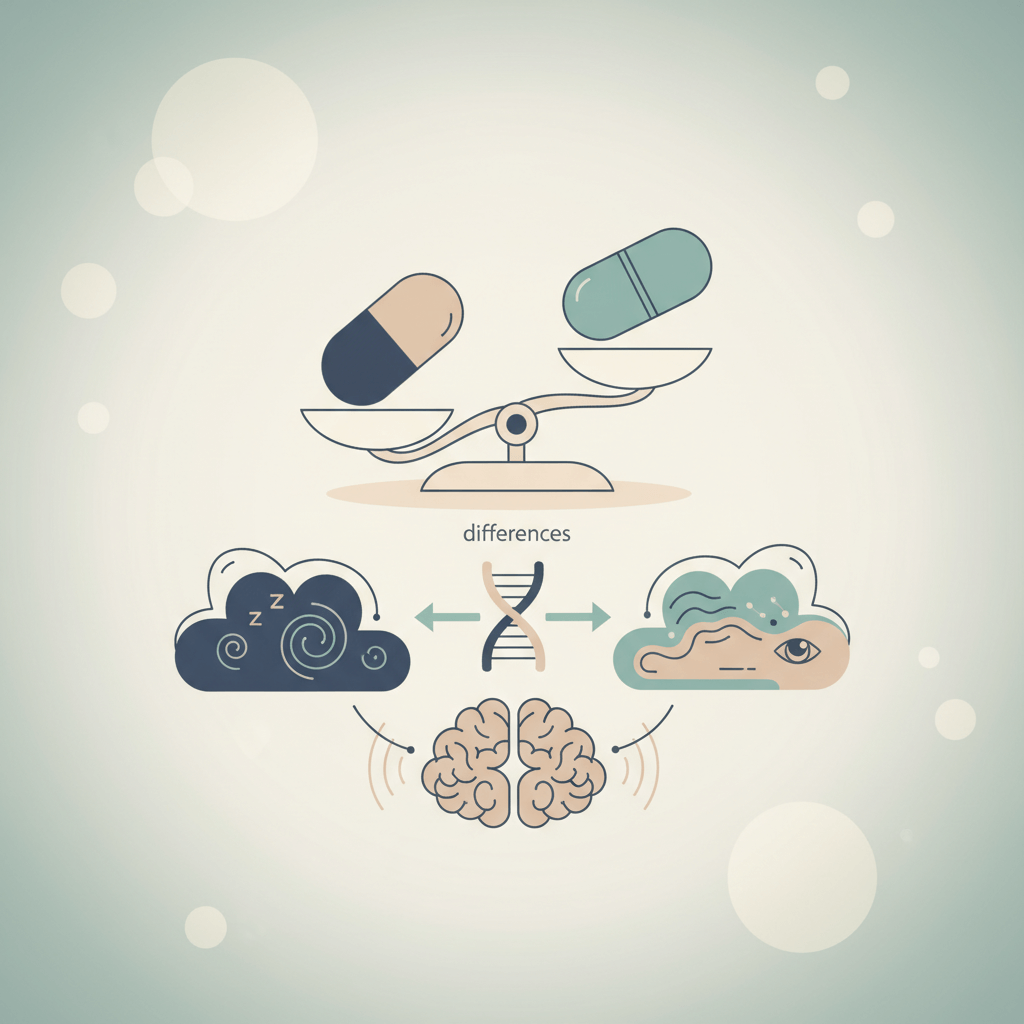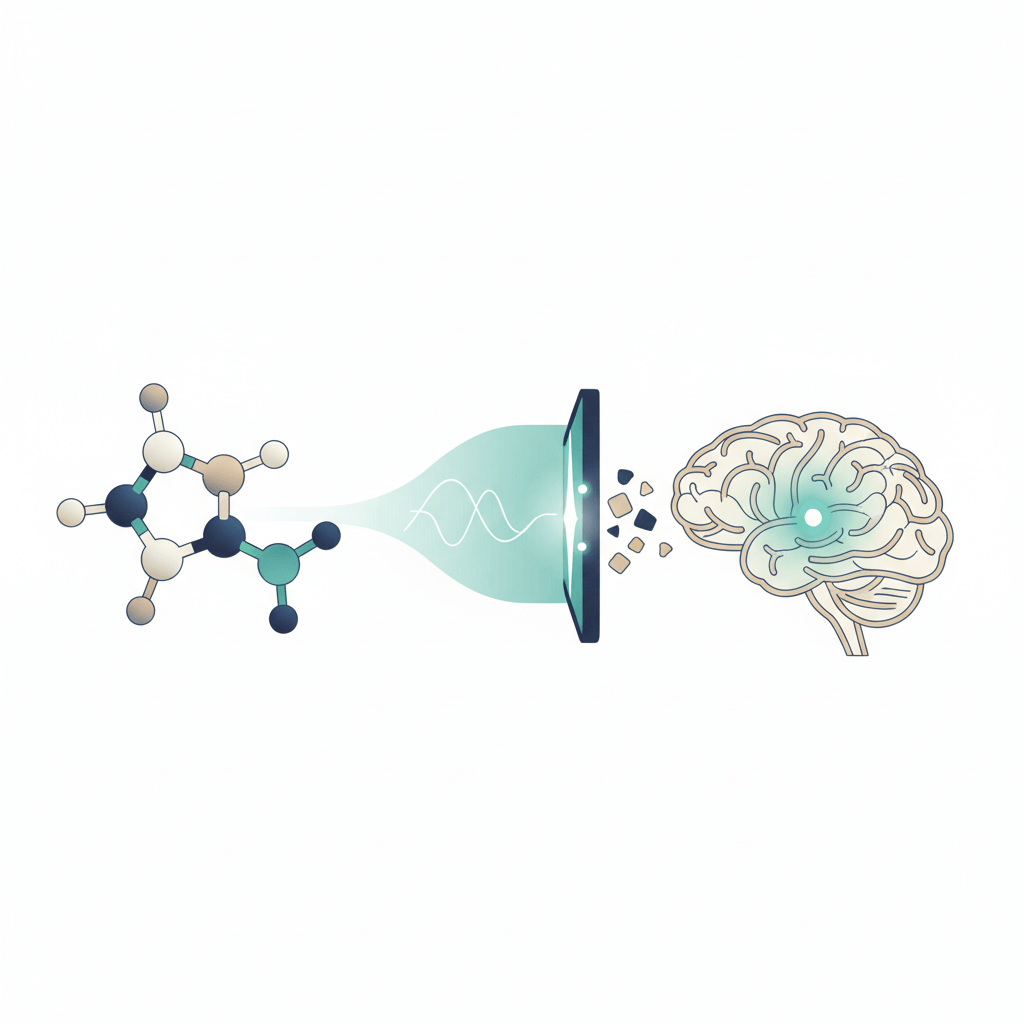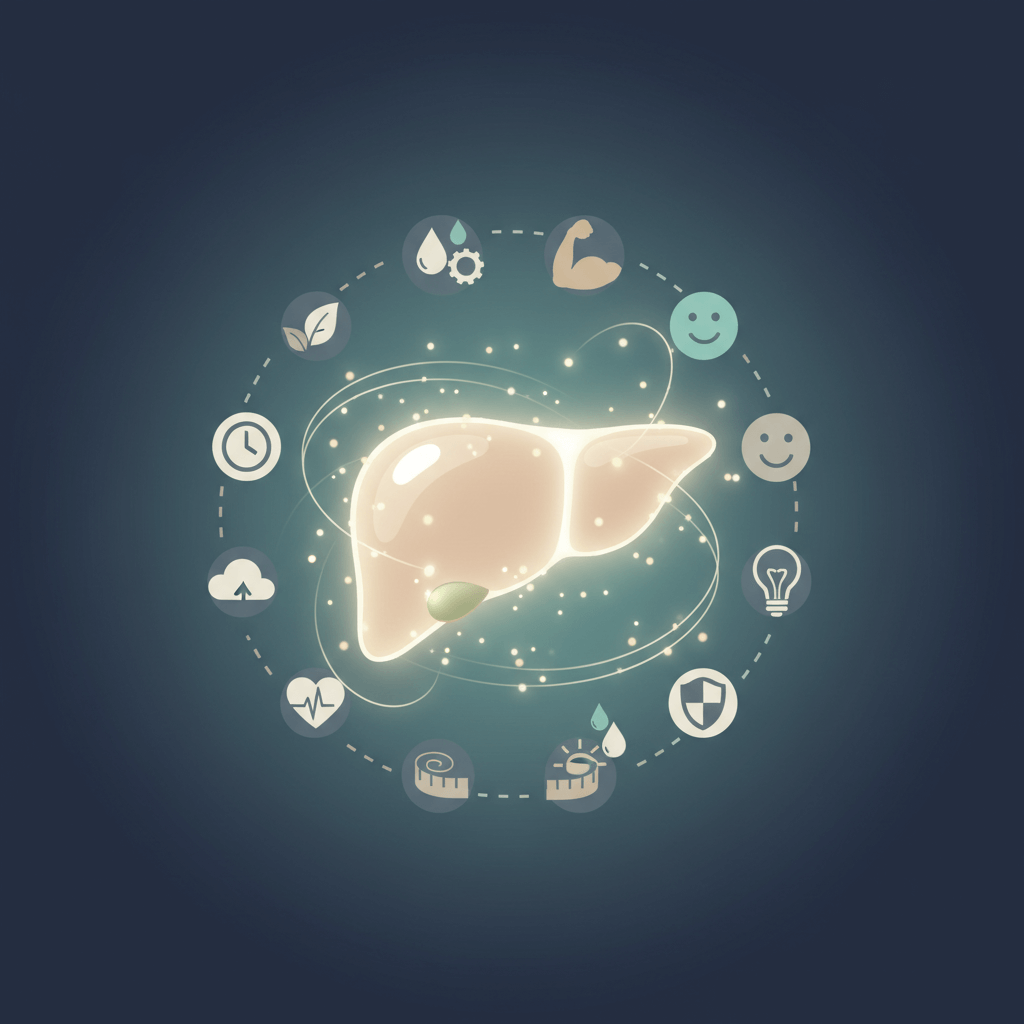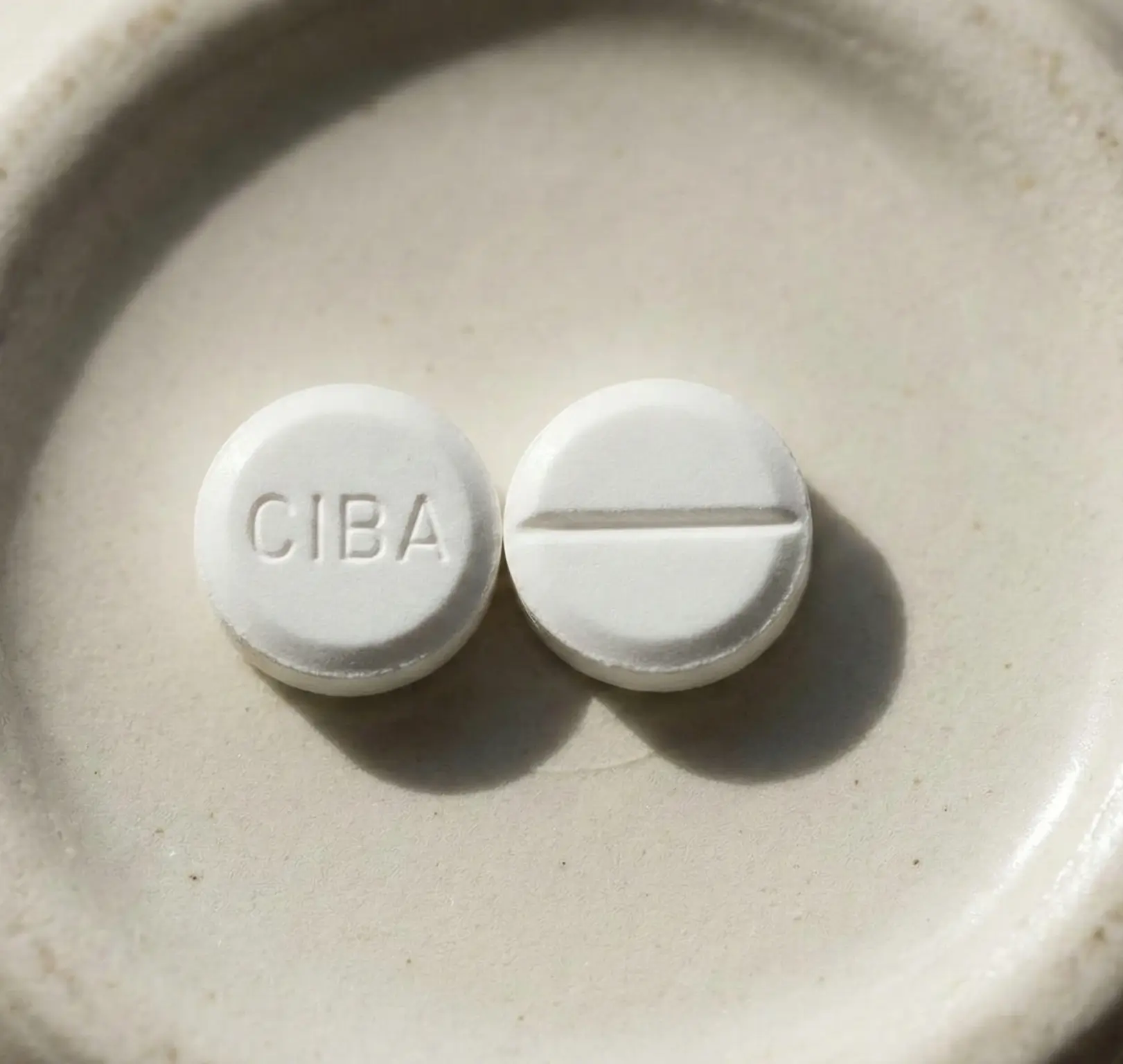Understanding Alcohol Intolerance
Alcohol intolerance is a metabolic disorder of the digestive system that occurs when the body lacks the proper enzymes to efficiently metabolize alcohol. It is primarily a genetic condition, which means that individuals with this intolerance have inherited traits that prevent their bodies from breaking down alcohol effectively. This condition is commonly found in Asians, but it can affect people of any ethnic background [1].
Genetic Factors
The genetic factors underlying alcohol intolerance make it a lifelong condition that does not go away over time. While it cannot be cured, individuals can manage their symptoms and avoid discomfort by taking necessary precautions. It is important to note that alcohol intolerance is different from alcohol allergy, which is a distinct immune response to alcohol or its components.
Symptoms and Reactions
When individuals with alcohol intolerance consume alcoholic beverages, they may experience immediate and uncomfortable reactions. Common symptoms include a stuffy nose and skin flushing. These reactions occur because the body is unable to efficiently break down alcohol due to the genetic condition. The only way to prevent these reactions is to avoid alcohol altogether. This intolerance can also be triggered by ingredients in alcoholic beverages, such as grains like corn, wheat, or rye, or other substances present in the drinks [2].
Understanding the genetic factors and symptoms of alcohol intolerance is essential for individuals who experience discomfort after consuming alcoholic beverages. By avoiding alcohol and being aware of the ingredients in alcoholic drinks, individuals with alcohol intolerance can prevent adverse reactions and maintain a healthy, active lifestyle. For more information on related topics, check out our articles on alcoholic rash, does alcohol make vertigo worse?, does alcohol make acne worse?, and can alcohol make your pee burn?.
Impact on Skin Health
Alcohol consumption can have an impact on skin health, leading to various effects such as skin flushing and the development or exacerbation of certain skin conditions.
Skin Flushing
One of the noticeable effects of alcohol on the skin is flushing. When alcohol is consumed, it can stimulate the release of histamines, causing the blood vessels under the skin to dilate. This results in a reddening or inflammation of the complexion, commonly known as skin flushing. It is important to note that some individuals of East Asian descent may be more prone to facial flushing due to a deficient enzyme involved in processing alcohol.
Skin Conditions
Regular alcohol consumption can also contribute to the development or worsening of certain skin conditions. Some of these conditions include:
Rosacea
Rosacea is a common skin condition that causes redness in the face, particularly in the cheeks, nose, chin, and forehead. Alcohol consumption can trigger a flare-up of rosacea and may even raise the risk of developing the condition in individuals who are not already affected. Applying topical brimonidine, a prescription medication used to treat rosacea, before drinking alcohol may help reduce the appearance of flushing caused by alcohol consumption.
Psoriasis
Psoriasis is a chronic skin condition characterized by the buildup of skin cells, leading to dry, itchy patches on the skin. Regular heavy drinking can trigger or worsen psoriasis outbreaks, particularly in men. Alcohol may also interfere with the effectiveness of psoriasis treatments. If you have psoriasis, it is advisable to limit or avoid alcohol consumption to help manage the condition.
These are just a few examples of skin conditions that can be affected by alcohol consumption. Other skin conditions that may be triggered or worsened by alcohol include seborrheic dermatitis, porphyria cutanea tarda, and discoid eczema. It is important to consult with a healthcare professional for proper diagnosis and management of these conditions, especially if you suspect alcohol may be a contributing factor.
Understanding the impact of alcohol on skin health is crucial for individuals who are prone to skin sensitivities or have pre-existing skin conditions. If you are experiencing any alcohol-related skin issues, it is essential to seek appropriate medical advice and consider treatment options to address the concerns effectively. Additionally, taking preventive measures like limiting alcohol consumption and following a healthy skincare routine can help maintain optimal skin health.
Allergic Reactions to Alcohol
While some individuals may experience alcohol intolerance, others may have allergic reactions to alcohol. These allergic reactions can manifest in various ways, including histamine intolerance and sulfite allergies.
Histamine Intolerance
Histamine intolerance can cause symptoms such as red and itchy skin, nasal congestion, shortness of breath, abdominal pain, and diarrhea after consuming histamine-rich foods and beverages like wine and beer [5]. Red wine tends to have higher levels of histamine than white wine or beer, which can contribute to histamine intolerance symptoms such as red and itchy skin. It's important to note that histamine intolerance is different from a true alcohol allergy, as the symptoms are typically milder and do not involve an immune response.
Sulfite Allergies
Some individuals may experience allergy-like reactions to sulfites found in beer and wine. Sulfites are preservatives used to prevent spoilage and maintain the freshness of alcoholic beverages. Common symptoms of sulfite allergies include skin reactions, such as rashes and itching, as well as asthma-like symptoms, such as wheezing and difficulty breathing. It's important to note that sulfite allergies are more common in individuals with asthma, as sulfites can trigger asthmatic attacks in susceptible individuals.
If you suspect that you may have an allergic reaction to alcohol, it's important to consult with a healthcare professional for proper diagnosis and guidance. They can help determine whether you have histamine intolerance, sulfite allergies, or other underlying conditions. Avoiding alcohol entirely may be necessary for those with a true alcohol allergy, as the symptoms can range from mild reactions to severe anaphylaxis [5].
Understanding the specific triggers and managing allergic reactions to alcohol is essential for individuals with these sensitivities. Always consult with a healthcare professional to determine the best course of action based on your specific needs and medical history.
Skin Conditions Triggered by Alcohol
Alcohol consumption can have various effects on the skin, including triggering or exacerbating certain skin conditions. Two common skin conditions that can be influenced by alcohol are rosacea and psoriasis.
Rosacea
Rosacea is a chronic skin condition that typically affects the face, causing redness, flushing, and visible blood vessels. While the exact cause of rosacea is not fully understood, alcohol is known to be a common trigger for rosacea flares [4]. Some studies suggest that alcohol consumption may increase the risk of developing rosacea, particularly in individuals who are already predisposed to the condition.
If you have rosacea, it is advisable to limit or avoid alcohol consumption to help manage the symptoms. Additionally, it is important to follow a skincare routine that includes gentle cleansing, moisturizing, and the use of products specifically formulated for sensitive skin.
Psoriasis
Psoriasis is a chronic autoimmune disease that affects the skin, resulting in the rapid buildup of skin cells. This buildup leads to the formation of dry, itchy, and often painful patches on the skin. While the exact cause of psoriasis is not fully understood, heavy alcohol consumption has been linked to an increased risk of developing and worsening psoriasis [4].
Alcohol can trigger psoriasis flares and make the condition more difficult to manage, particularly in men. If you have psoriasis, it is advisable to limit or avoid alcohol consumption to help minimize flare-ups. It is also important to follow a comprehensive treatment plan prescribed by a healthcare professional, which may include topical medications, systemic medications, and lifestyle modifications.
Understanding the potential impact of alcohol on these skin conditions is essential for individuals seeking to manage their symptoms effectively. While eliminating alcohol from your diet and lifestyle is beneficial, it is important to note that continued treatment may be necessary for underlying skin conditions like psoriasis and rosacea, even after stopping alcohol consumption. If you are concerned about your skin health and its relationship with alcohol, it is recommended to consult with a dermatologist or healthcare professional to determine the most appropriate course of action.
Managing Alcohol-Related Skin Issues
For individuals experiencing itchy skin or other skin issues related to alcohol consumption, there are various treatment options and prevention tips that can help alleviate symptoms and improve overall skin health.
Treatment Options
- Hydration: Alcohol is a diuretic, which can lead to dehydration and affect the skin's moisture levels. Drinking water in between alcoholic beverages can help decrease the risk of dehydration and support skin hydration.
- Topical Medications: For individuals with conditions like rosacea, applying topical medications such as brimonidine before consuming alcohol may help reduce flushing and redness. It is important to consult with a healthcare professional for appropriate prescription and usage instructions.
- Skin Care Regimen: Establishing a consistent skin care routine can help manage alcohol-related skin issues. This may include gentle cleansing, moisturizing, and the use of products specifically formulated for sensitive or reactive skin.
- Treatment for Underlying Conditions: If alcohol consumption has exacerbated pre-existing skin conditions such as psoriasis or eczema, it may be necessary to seek medical treatment to manage these conditions effectively. Dermatologists can provide personalized treatment plans based on individual needs.
Prevention Tips
- Moderation: Limiting alcohol consumption or practicing moderation can help reduce the risk of alcohol-related skin issues. It is advisable to follow recommended guidelines for safe alcohol consumption.
- Alternate Hydration: Alternating alcoholic beverages with non-alcoholic, hydrating options like water can help maintain adequate hydration levels and minimize the impact on the skin.
- Avoid Triggers: Identify and avoid triggers that may worsen skin conditions. This could include certain types of alcohol, mixers, or other substances that have been known to cause flare-ups.
- Maintain a Healthy Lifestyle: A well-balanced diet, regular exercise, and sufficient sleep can contribute to overall skin health. These lifestyle factors can support the body's natural healing processes and reduce the likelihood of alcohol-related skin issues.
- Consult with a Healthcare Professional: If individuals experience persistent or severe skin issues related to alcohol consumption, it is recommended to consult with a healthcare professional, such as a dermatologist, for a comprehensive evaluation and personalized treatment plan.
By implementing these treatment options and prevention tips, individuals can better manage alcohol-related skin issues and improve the overall health and appearance of their skin. However, it is important to note that in some cases, discontinuing alcohol consumption may be necessary to fully resolve certain skin conditions.
Complications and Risk Factors
When it comes to alcohol intolerance, there can be complications and risk factors that individuals should be aware of. Understanding these factors can help identify potential severe reactions and genetic traits associated with alcohol intolerance.
Severe Reactions
In rare cases, severe pain after consuming alcohol could be a sign of a more serious disorder, such as Hodgkin's lymphoma. It's important to note that severe reactions are uncommon but should not be ignored. If you experience persistent and severe pain after drinking alcohol, it is advisable to consult a healthcare professional for further evaluation. Prompt medical attention is crucial to diagnose and address any underlying health conditions.
Genetic Traits
Genetic traits play a significant role in alcohol intolerance and reactions to alcoholic beverages. Certain populations, particularly Asians, commonly possess genetic traits that make them more susceptible to alcohol intolerance. These genetic traits can manifest as adverse reactions, such as facial flushing, rapid heartbeat, and nausea, after consuming alcohol.
It's worth noting that alcohol intolerance can also be influenced by allergies to grains like corn, wheat, or rye, or other substances present in alcoholic beverages. Allergies to these ingredients can contribute to the development of alcohol-related complications and reactions. If you suspect an allergy to certain grains or substances in alcoholic beverages, it's important to seek medical advice for proper diagnosis and management.
Identifying risk factors associated with alcohol intolerance is crucial for individuals who experience adverse reactions to alcohol. By understanding the genetic traits and potential allergies that contribute to alcohol intolerance, individuals can take appropriate measures to minimize complications. If you suspect alcohol intolerance or experience severe reactions, consulting with a healthcare professional can provide valuable insights and guidance on managing this condition.
For more information on alcohol-related skin issues, such as alcoholic rash, and the impact of alcohol on various skin conditions, refer to the relevant sections in this article.
References
- [1]: https://my.clevelandclinic.org/health/diseases
- [2]: https://www.mayoclinic.org/diseases-conditions/alcohol-intolerance/symptoms-causes
- [3]: https://www.medicalnewstoday.com/articles/alcoholic-skin
- [4]: https://www.webmd.com/mental-health/addiction/ss/slideshow-alcohol-skin
- [5]: https://www.healthline.com/health/allergies/alcohol













